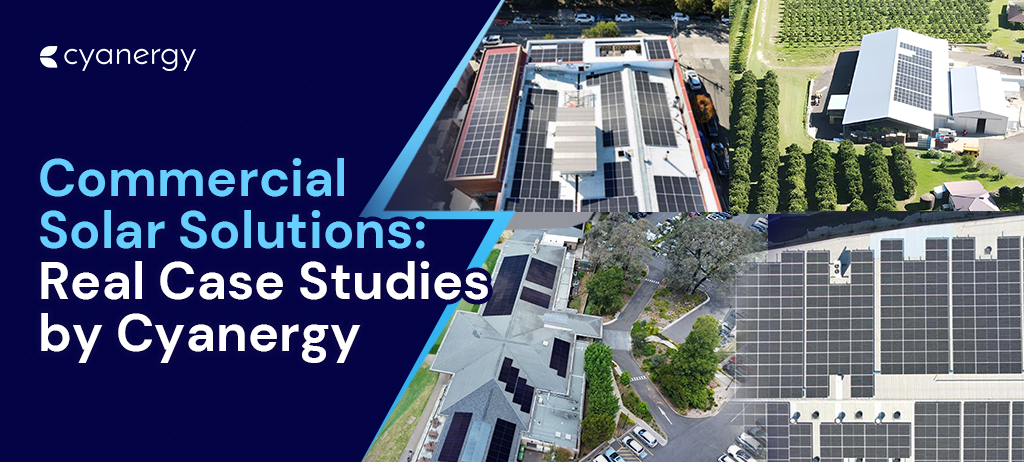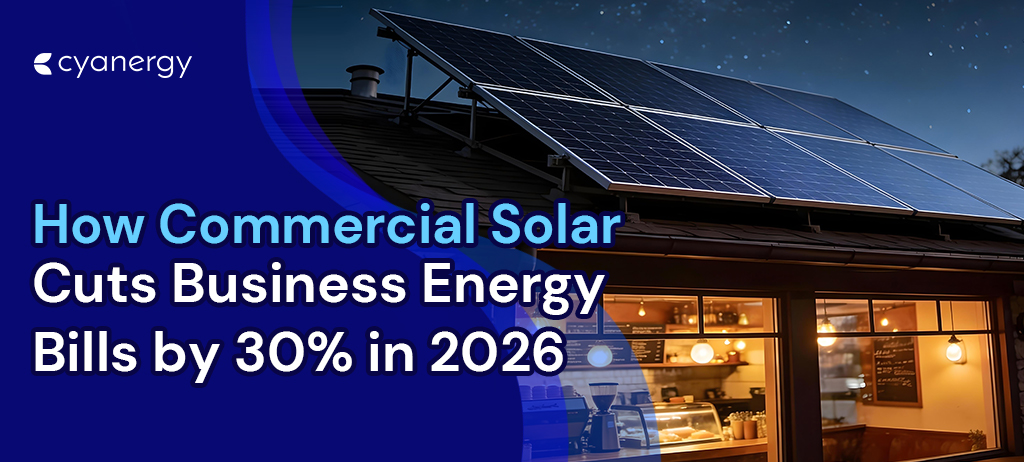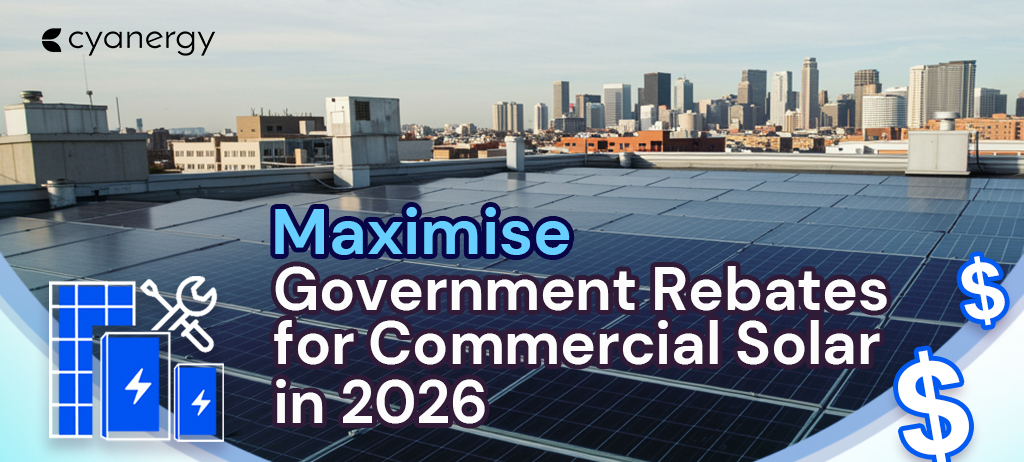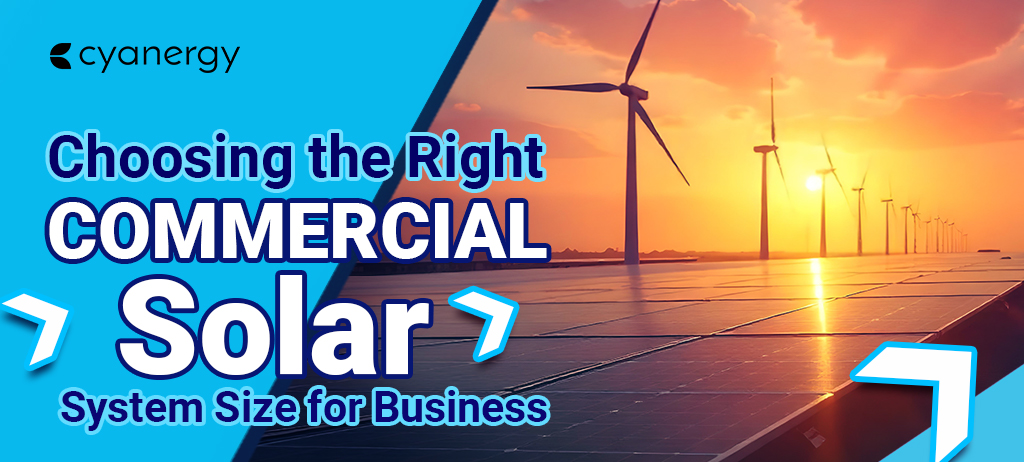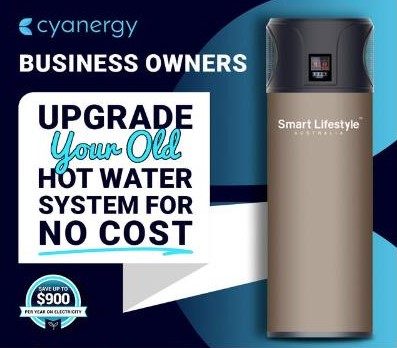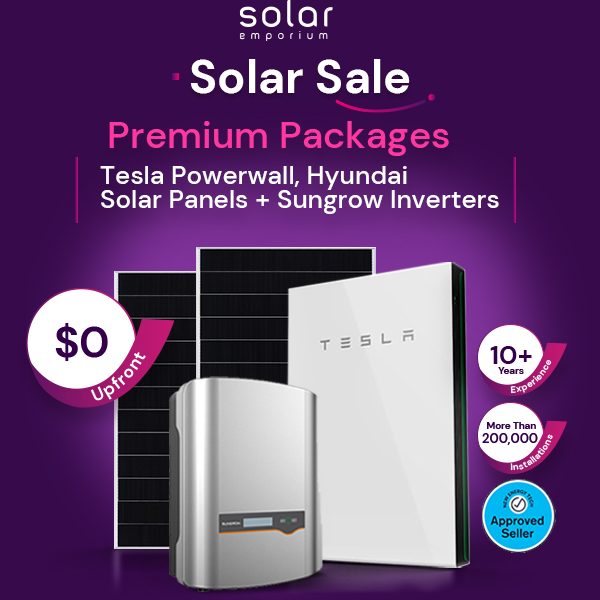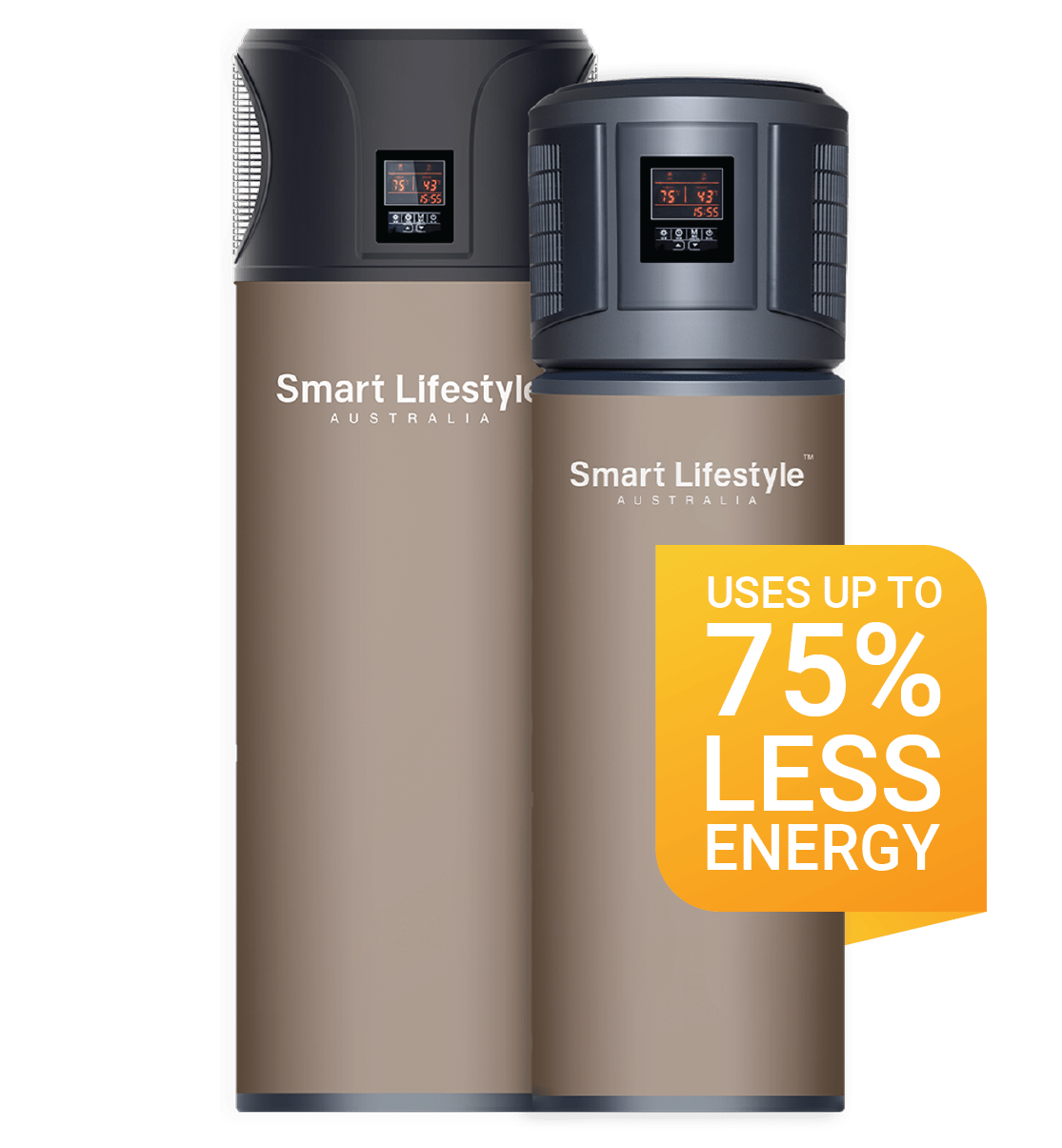There are many different renewable energy solutions for your business available today, each with its own advantages and disadvantages. The best solution for your business will depend on a variety of factors, including your location, budget, and energy needs.
Business today can yield exceptional profit margins with the incorporation of renewable energy sources. Along with that, the perks of participating in the environmental awareness agenda will bring in positive word of mouth. In both ways, your business is the one which will thrive for the better.
Here are some of the best renewable energy solutions for your business to adopt today. Take a look-
Solar Panels
One of the most popular renewable energy solutions for businesses is solar power. Solar panels can be installed on the roof of a building or on the ground, and they can generate electricity from the sun’s energy. It’s basically a free source of energy with tremendous potential to eliminate your electric bill to virtually ZERO.
This is a cost-effective solution for businesses that are located in sunny areas, as the panels can produce a significant amount of electricity during the day. Even the areas which are partially shaded can take advantage of solar rooftops with micro inverter kind solar panels.
Additionally, solar panels have a long lifespan and require very little maintenance, making them a low-cost option in the long run.
Installing solar panels does not require for your business to shut down and wait for an entire day, unlike other green energy alternatives. Rather the installation process is so quick and easy that it merely takes a few hours to cover a medium to large area.

Wind Power
In 2020, the wind continued to be Australia’s top source of clean energy, contributing 35.9% of the nation’s clean energy and 9.9% of the nation’s total power. 2020 marked the first time the industry added more than 1 GW of new capacity, making it the industry’s second consecutive record-breaking year. It continues to be the least expensive source of extensive renewable energy.
How wind power works is – turbines are used in wind power to transform kinetic wind energy into electrical energy. Then stored or used in the process.
Although a significant portion of the nation’s grid’s renewable energy comes from wind power, for on-site generation, it is less cost-effective than solar PV, nevertheless. Large businesses looking for a reliable supply of affordable, green energy choose to acquire off-site wind energy.
For an SME (Small and Medium-sized Enterprises), it might be difficult to opt for such a power source; however, if you have room to house the turbines, it’s an excellent pocket-friendly green power source.
Biomass Energy
Biomass energy is another option for businesses looking to use renewable energy. Biomass energy is generated from organic materials such as wood, crops, and waste. This is a good option for businesses that have access to a steady supply of organic materials, as well as the equipment and infrastructure needed to convert them into energy. Biomass energy can also be used to generate heat and electricity, making it a versatile option.
Hydroelectric Power
Hydropower is a sophisticated and established kind of renewable energy that uses the force of moving water. Around 7.5% of Australia’s total electricity supply was generated by hydropower in 2018.
A conventional hydroelectric generator uses a dam on a river to harness the power of rushing, pressurized water via massive turbines as it descends an inclined plane. Smaller scale systems that are installed directly in rivers give the possibility of increasing hydropower output.
It’s another sustainable energy source that businesses may employ. This is a smart choice for companies that are close to a river or other body of water with the potential to produce power.
Geothermal Energy
Geothermal technology draws heat from the earth’s subsurface, which may then be utilized for direct heating and cooling or transformed into power. However, medium- or high-temperature resources are required to produce power. These are often found around tectonically active areas where hot water and/or steam may be reached short depths or be brought to the earth’s surface.
Geothermal energy’s low cost and year-round, high capacity factor operation are its key benefits. This enables it to supply stable, dispatchable power to the electricity grid as well as supplementary services if rewarded. These qualities become increasingly useful as solar and wind power become more widely used.

Another important factor to consider when choosing a renewable energy solution for your business is the availability of government incentives and funding. For example, Australian governments offer federal incentives for the installation of solar panels. They also provide funding for the construction of wind turbines.
It is important to research the available incentives and funding options in your area to determine if they can help offset the cost of your chosen renewable energy solution.
One additional thing to consider is the scalability of the solution. Businesses grow and change over time, and you’ll want to ensure that your renewable energy solution can be scaled up or down as needed. For example, if you’re considering solar panels, you’ll want to make sure that you can add more panels as your energy needs increase.
How Does it Impact the Environment?
The environmental effect should be taken into account when selecting a renewable energy source for your company. Although traditional fossil fuels are significantly less ecologically friendly than renewable energy sources, it’s still crucial to think about how your particular solution will affect the environment. For instance, solar and wind energy have a far lower environmental footprint than hydroelectric power, which can have a substantial effect on regional ecosystems.
In conclusion, renewable energy is the future of power generation, and it will be a smart move for businesses to invest in it.
Businesses can choose from solar, wind, biomass, hydroelectric, geothermal energy, and many more. Each of these options has its unique pros and cons, and it is important to consult with professionals in the field to make the best decision for your business.
